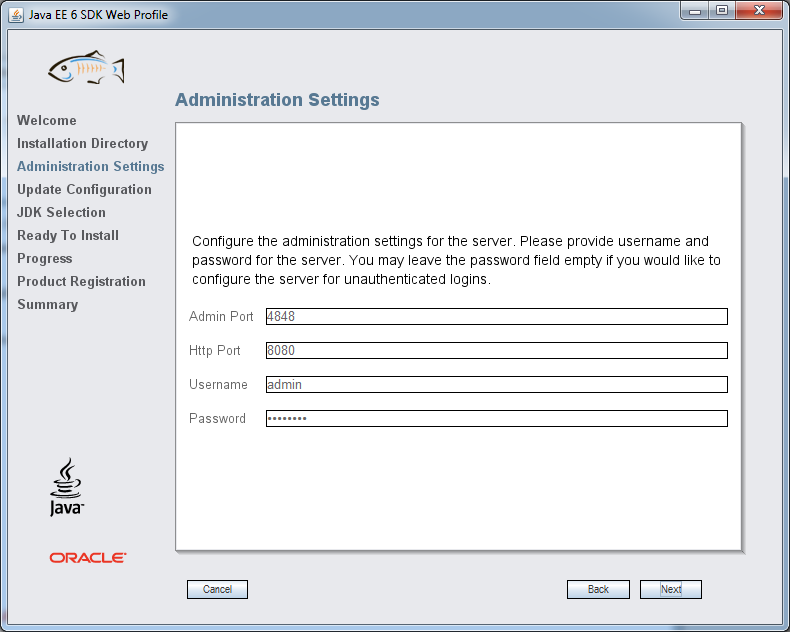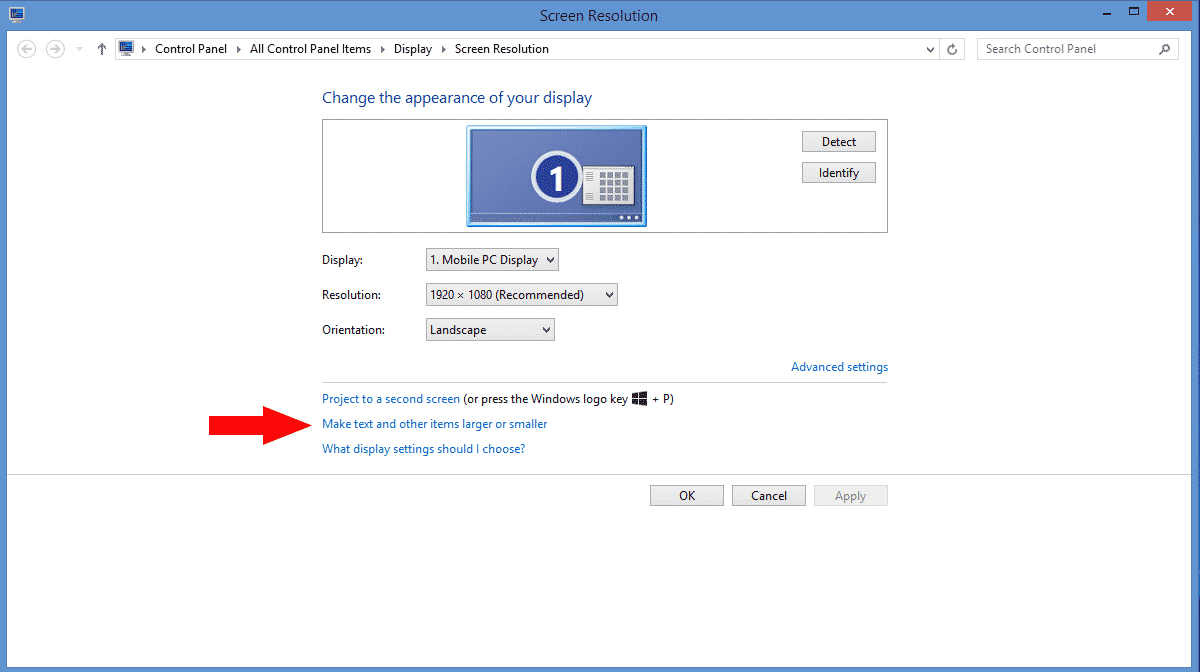

The expression you entered is missing a closing parenthesis, bracket (]), or vertical bar(|). You have a query that contains query expressions.

The query expressions include fields that contain special characters. Typically, this problem occurs when you use the following special characters: When you run the query, you are promoted to enter a parameter value. Microsoft Access does not restrict the use of special characters such as a number sign (#), a period (.), or a quotation mark (") in the database object names or in the database field names. However, if you do use the special characters, you may experience unexpected errors. You need to be familiar with Access queries to complete this course.Therefore, Microsoft recommends that you do not use the special characters in the database object names in the Access database or in the database project. This course shows the basics, plus how to use calculated fields and filter for part of a date value, as well as how to use the DateDiff and DateAdd functions to subtract and add date values. Learn how to use date criteria in your queries.

Update queries can be a fast way to change a lot of existing data in one or more tables. Learn how to build update queries that change data safely. Use Update queries to change data in Access 2013 Parameters are a powerful way to filter your query results. Learn how to add parameters to your queries so they ask for your input, such as a date or a name, before they run. Use parameter queries to filter query results You need a basic understanding of queries to complete this course. This course covers adding criteria to queries, using AND and OR logic, logical operators such as IN and BETWEEN, and how to use wildcards. Learn how to use criteria to filter your Access data. To make a parameter query stop asking for input, you remove all parameters, or fix problems (usually typos in field names) in expressions. We’ll go over the two kinds of databases you can create: browser-based Access apps and desktop databases.Ĭan't change the data returned by a query? This course explains the most common causes and solutions, and provides links to information about other ways to deal with the problem. Course covers the types of queries, creating Select queries, criteria, joins, and intermediate tables Learn how to create queries in Access 2013. Introduction to queries (Access basics, part 3 ) Access gives you templates that run on your computer or in the cloud. Learn how to create an Access 2013 database in just minutes by using a template. This course covers the types of relationships and how to build each one. Learn how to create table relationships, a key part of any database. This course explains key concepts and terms, the first steps in database design, and how to build tables.Ĭreate table relationships (Access basics, part 2) Design and build tables for a database (Access basics, part 1)


 0 kommentar(er)
0 kommentar(er)
